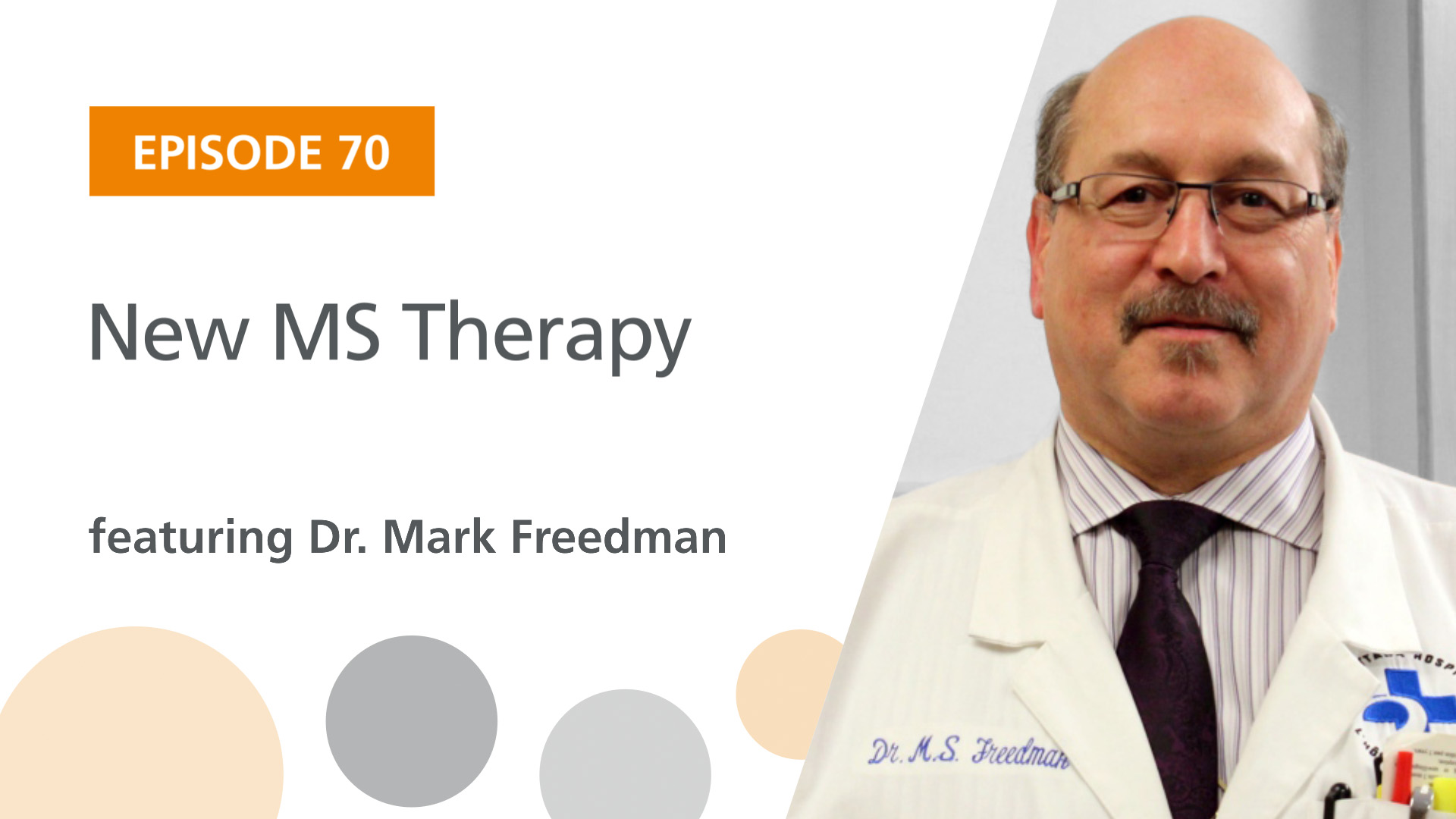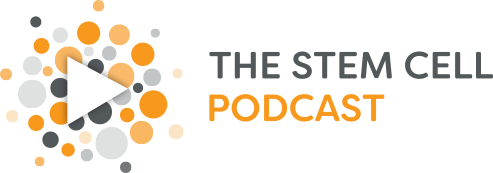
Podcast: Play in new window
Guest:
Neurologist and researcher Dr. Mark Freedman discusses his research, including a new discovery and treatment for multiple sclerosis using stem cells.
Resources and Links
Greased Up Head Helps Swordfish Swim Fast – This article reveals that a newly discovered oil-producing organ in the fish’s head gives it slick skin that could boost its speed.
Activating Reward May Increase Immune System – Feeling good may help the body fight germs; when activated, nerve cells that help signal reward also boost the mice’s immune systems.
Major Hole in the Ozone Layer Is Closing – This article reports that the average size of the Antarctic ozone hole has shrunk by about 4.5 million square kilometers, an area larger than India, since 2000.
Mass Killings Are Contagious, Media Is the Vector – Mass killings and school shootings spread “contagiously,” where one killing or shooting increases the chances that others will occur within about two weeks.
Young Stem Cell Scientists Struggle for Funding – A study led by government scientists showed that middle-aged and older stem cell researchers are crowding out younger scientists in competition for federal grants.
Zika Virus Disrupts Neural Progenitor Development and Leads to Microcephaly in Mice – Researchers found that Asian Zika virus (ZIKV) strain SZ01 replicates efficiently in embryonic mouse brain by directly targeting different neuronal linages and that ZIKV infection leads to cell-cycle arrest, apoptosis, and inhibition of neural progenitor cell differentiation, resulting in cortical thinning and microcephaly.
A Stem Cell Therapy to Replace Root Canals? – Scientists from the University of Nottingham and Harvard University’s Wyss Institute are developing a new treatment strategy that could someday help heal a damaged tooth using the patient’s own stem cells.
A New Model of Autism Using Stem Cells – Researchers at the Salk Institute turned skin cells of people with autism spectrum disorder into neurons, showing specific defects compared with those neurons derived from healthy people.
Photo Reference: Courtesy of Dr. Mark Freedman

